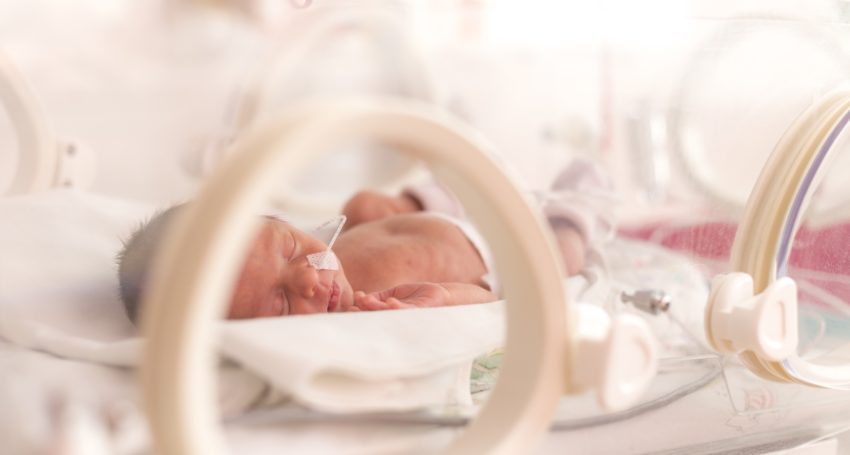Magnesium sulphate infusions safe during pregnancy
Health & Medical
Fears that intravenous magnesium sulphate can harm unborn babies have been proven unfounded by South Australian researchers.

Sign up to receive notifications about new stories in this category.
Thank you for subscribing to story notifications.

A systematic review of almost 200 studies, including 40 randomised trials, by researchers from the South Australian Health and Medical Research Institute (SAHMRI) and the University of Adelaide found newborns whose mothers were treated with intravenous magnesium sulphate had no adverse reactions.
The findings – which are published in PLOS Medicine today – follow observational studies suggesting intravenous magnesium sulphate could cause a range of negative outcomes in newborns. These include bone fractures around the time of birth, gastrointestinal tract issues and death.
University of Adelaide and SAHMRI Women & Kids PhD candidate Emily Shepherd said she hoped the paper would help alleviate international concern around the treatment’s potential adverse outcomes.
Intravenous magnesium sulphate has increasingly been used to treat mothers with pre-eclampsia and eclampsia. It has also been used as a treatment for pregnant women who are likely to have a very preterm birth to reduce the chances of their baby developing cerebral palsy.
“Around 3500 births are very premature, at less than 30 completed weeks of pregnancy, every year in Australia,” Shepherd said.
“Our findings support the continued use of magnesium sulphate as a safe treatment for these women, as well as for pregnant women suffering from pre-eclampsia or eclampsia.”
According to the Cerebral Palsy Alliance Australia, when given to pregnant mothers who are at high risk of very preterm birth, magnesium sulphate can protect babies from the brain injury, which may lead to cerebral palsy.
Cerebral palsy is a lifelong disability that can affect a person’s posture, balance and ability to move, communicate, eat, sleep and learn.
Pre-eclampsia is characterised by high blood pressure and protein in urine during pregnancy. It can result in seizures, at which time it is known as eclampsia.

Shepherd, pictured above, said countries such as the United States had overused magnesium sulphate treatment in an attempt to prevent preterm births, despite a lack of beneficial evidence.
“With the increasing use of intravenous magnesium sulphate internationally there’ve been small observational studies published showing some possible adverse outcomes from the treatment,” Shepherd said.
“Some women, in preterm labour, are receiving an intravenous treatment for a number of days leading to very high dose exposure. In those cases, there have been some suggestions that there can be adverse outcomes – including death or bone fractures in the newborn.
“This observational evidence really led us to want to conduct a more systematic review of all of this evidence, including those observational studies. But also, the high-level randomized evidence to look at whether these were true effects that we were seeing.”
Shepherd said unlike the United States, in Australia magnesium infusions were only recommended in the 24-hour period prior to giving birth
She said the researchers were conducting a randomized trial examining whether the treatment could also prevent cerebral palsy for preterm births between 30- and 34-weeks’ gestation.
Jump to next article



